Those who already live with the effects of climate change, and need accountability most, lack the power to influence accountability mechanisms. Teresa Kramarz on why that’s a big problem.
BY: TERESA KRAMARZ / APRIL 6, 2016
Who is accountable for climate change after Paris? After significant international attention on the summit in December, the delegates returned home with a newly negotiated climate agreement. Now the hard business of implementation begins, and the question on everyone’s mind is how will states be held answerable for their promises?
There are 37 mentions of accountability in the 32 pages of the final document signed in Paris. This does not include the many more references to transparency, reporting, monitoring, verification and compliance, all components of accountability. According to many experts and government leaders, accountability is the lynchpin of any credible climate agreement.
Developed countries want to ensure that all states, and not just wealthy ones, reduce emissions. They are concerned with carbon cheaters and free riders. They expect accountability for emissions and compliance with the Paris commitments. Even United Nations Secretary General Ban Ki-moon encouraged civil society to monitor the commitments of governments and businesses. The United Nations news service reported his appeal in Paris to “make your Government, community and business leaders accountable for your future. They must implement in deed what they have committed to in words.”
Developing countries want to ensure they will have financial support to adapt to climate change and transition to low carbon economies. They were not the states that largely created the current climate crisis, and as such they demand accountability from wealthy states. The chair of the Group of 77 plus China, Ambassador Nozipho Mxakato-Diseko, was reported by Agence France-Presse to deride early drafts of the text that obscured accountability for financing transitions to cleaner energy. In her critique, she referenced text that said any country “in a position to do so” will help:
“In my family with the children I will tell them: […] ‘You will clean the room.’ I do not say that ‘someone will clean the room.’ I say: ‘You, John, will clean the room. You, Grace, will do the dishes.’ There is no, ‘Someone in the position to do so will sweep the floor.’ I need accountability,’” she said.
Everyone wants more accountability, and every time we turn around there is a new mechanism of accountability being proposed in environmental politics. However, global temperatures keep rising, arctic ice continues to shrink and Pacific Island States are still sinking. How do we make sense of this paradox?
Working with scholars at international environmental conferences for the last three years, who are experts in deforestation, overfishing, climate change and biodiversity loss, my colleague and I have found that the paradox repeats itself everywhere: more accountability is not getting us better environmental outcomes.
The problem starts with a biased practice of accountability in environmental politics. Accountability is about ensuring answerability from those actors who have authority to make rules or take actions that affects our lives. However, in the international system the most vulnerable people who live with the effects of climate change, and need accountability most, lack power to make their voices heard. Accountability is meaningless to them and the environment.
Instead, accountability mechanisms privilege monitoring and verification activities that are upwardly directed to meet donor goals. For example, developing country agencies whose technical and administrative capacities are already overstretched are expected to devote considerable resources to preparing extensive inventories and reports to comply with multilateral environmental agreements. The reporting burden on developing country “beneficiaries” is well documented not only by academics but also by the United Nations. Yet the burden is not diminishing, nor is the logic of this accountability asymmetry changing.
This asymmetry is not confined to the developing world or climate politics. Canada offers its own example. Earlier this year in the Globe and Mail, Steven Salterio and Russell Evans commented on a 2002 Auditor General report showing that an average First Nation community of 1,000 people had to prepare 168 reports annually for the federal government. Whereas upwardly directed audits seem firmly in place, the same is not true for downwardly directed accounting. In 2011, the Auditor General’s report showed that it is still “often unclear who is accountable to First Nations members for achieving improved outcomes or specific levels of services."
We need to democratize accountability and make it a tool of the vulnerable, primarily for those already living with the effects of climate change. Donors must become answerable to communities whose lives are supposed to be improved by multilateral environmental agreements.
If accountability is the lynchpin of a credible climate deal, but is not available to those most impacted by climate change, then we need to rethink the value of accountability in ensuring better environmental outcomes.
First appeared in opencanada.org
https://www.opencanada.org/features/making-climate-agreements-accountable-worlds-most-vulnerable-communities/

